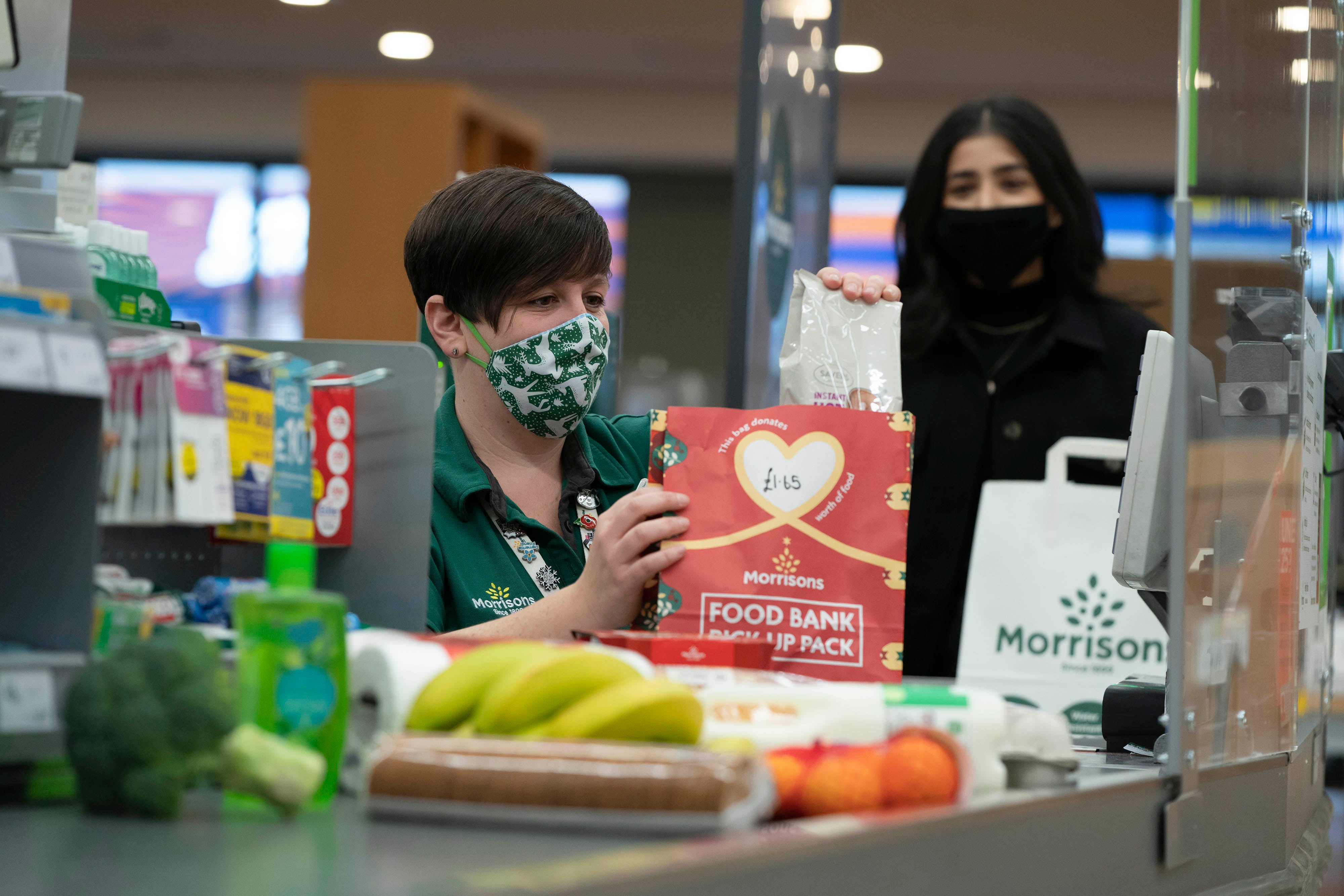What will happen to the UK after Brexit - deal or no deal?
Food prices, job opportunities and the value of the pound will all be very different - depending on the outcome

Your support helps us to tell the story
From reproductive rights to climate change to Big Tech, The Independent is on the ground when the story is developing. Whether it's investigating the financials of Elon Musk's pro-Trump PAC or producing our latest documentary, 'The A Word', which shines a light on the American women fighting for reproductive rights, we know how important it is to parse out the facts from the messaging.
At such a critical moment in US history, we need reporters on the ground. Your donation allows us to keep sending journalists to speak to both sides of the story.
The Independent is trusted by Americans across the entire political spectrum. And unlike many other quality news outlets, we choose not to lock Americans out of our reporting and analysis with paywalls. We believe quality journalism should be available to everyone, paid for by those who can afford it.
Your support makes all the difference.Amid all the Brexit fog, two things are certain – that leaving the EU will make the country poorer and that Boris Johnson will never, ever, admit that fact.
His granite-hard exit terms, mean businesses – and the poor people of Kent, soon to be the lorry-park of England – face huge delays and disruption, regardless of whether a trade agreement is struck or not.
But, when it comes to ordinary people, the prices they face in the shops and the danger of losing their jobs next year, the outcome of the deadlocked talks will make a huge difference.
Deal
With “neither the government nor businesses fully prepared” for leaving the single market and customs, says the Office for Budget Responsibility (OBR), GDP is expected to dip by around 1 per cent in the first quarter of 2021 alone.
That would be the taster for a permanent 4 per cent drop in productivity in the long run – perpetuating the British disease that lies behind the miserable economic performance of recent years.
The Treasury’s own analysis suggested the skinny ‘Canada-style’ deal the prime minister seeks would strip up to 6.7 per cent from expected GDP over 15 years, meaning £130bn of lost growth.
And remember the country is already significantly poorer because of shrivelled growth since the 2016 referendum – to the tune of about £600m for every week since the vote, one 2019 analysis found.
But, agreement on the hoped-for ‘no-tariffs, no-quotas’ deal with the EU would shield Britons from an immediate, sharp hit to their cost-of-living next year.
No deal
Last week’s OBR report warned that new tariffs and a likely plunging exchange rate will push up prices by 1.5 per cent by the middle of the decade.
Now, that doesn’t sound very much – but it masks potentially big hikes in the items that matter the most, especially to poorer people already hurting from the knock-on effects of the pandemic.
Crucially, when a no-deal loomed 18 months ago, the government said it would abolish tariffs on most food and drink imports, but the new UK Global Tariff (UKGT) is very different.
Average tariffs on EU food imports would be a whopping 20 per cent, it has been calculated – with similar increases in shelf prices very likely.
Read more: Would a no-deal Brexit mean food shortages or price rises?
More costly tinned vegetables (up 6.8 per cent), baked beans (7.1 per cent), tinned fruit (8.75 per cent), dried pasta (22.6 per cent), tinned tomatoes (11.4 per cent) and evaporated milk (27.6 per cent) can all be expected, The Grocer website calculated.
And, if sterling crashed by 15 per cent – as the Bank of England has predicted in the past – “price rises of 20 per cent across the board” can be expected.
GDP would face a further 2 per cent hit next year, delaying the economic bounceback from the pandemic by a further 12 months.
Then there is unemployment, already expected to be 2.6 million by next summer. The OBR verdict is that another 300,000 people would join the dole queues.

Join our commenting forum
Join thought-provoking conversations, follow other Independent readers and see their replies
Comments